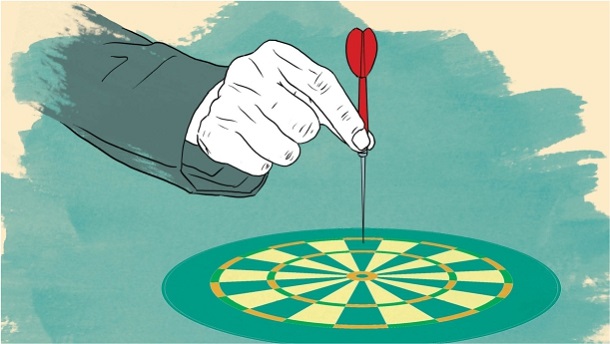
Summary: As a company, you must be seen to be taking your responsibilities seriously and making a contribution towards relieving one or more of these worries. It may only be in a very small way that affects your local community, but you will be helping to make the world a better place.
Log In or become an AIMA member to read more articles
